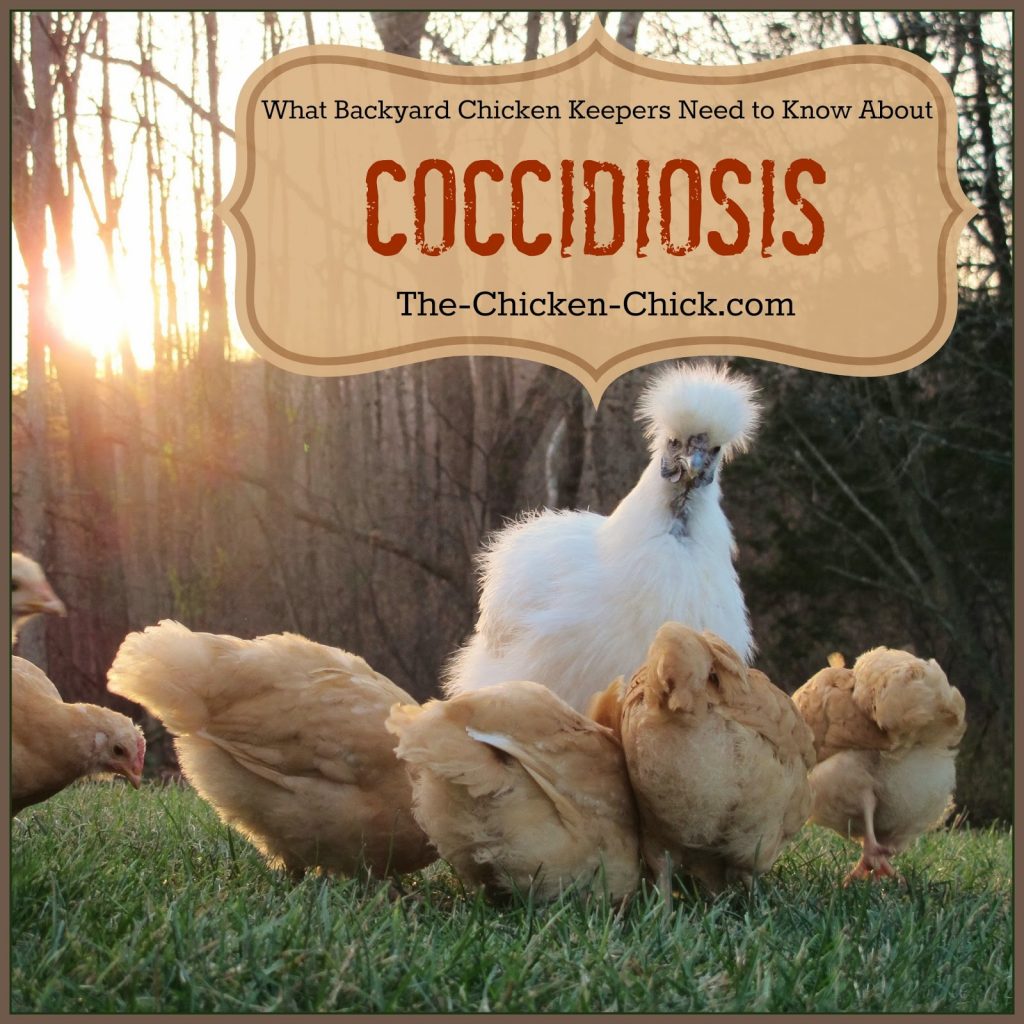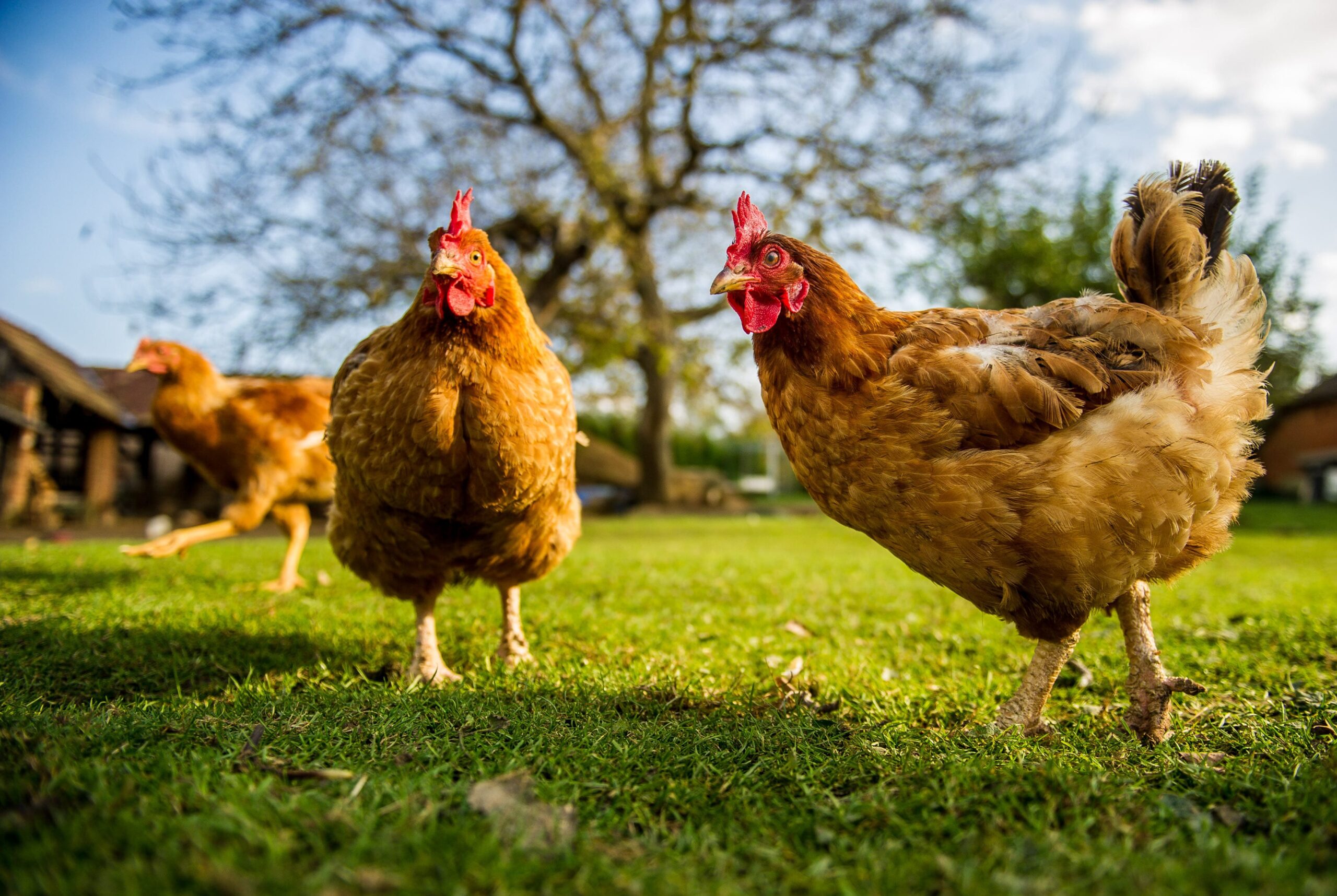Chick diarrhea is a common problem in chicken husbandry and can be a major cause of mortality in young chickens. It is important to take preventative measures and have a plan in place to treat chick diarrhea if it arises. This article will provide guidance on how to prevent and treat chick diarrhea in chicken husbandry, including identifying the common causes, identifying the symptoms and implementing preventative measures.
Causes of Chick Diarrhea

Poor Nutrition
Improper nutrition is a common cause of chick diarrhea. Feeding too much protein can cause a condition called gout, which can lead to diarrhea in chicks. It’s important to provide a balanced diet to prevent this condition.
Pathogens
Bacterial, viral, and parasitic infections can cause chick diarrhea. These infections can be contracted through contaminated feed, water, or contact with other infected birds. It’s important to practice good hygiene and keep chicks separate from older birds to prevent the spread of infection.
Stress
Stressful conditions can lead to chick diarrhea. Stressful conditions can include overcrowding, high temperatures, and poor ventilation. It’s important to provide a safe and comfortable environment for chicks to reduce the risk of stress-related diarrhea.
Prevention of Chick Diarrhea

Feeding
Providing the right nutrition is one of the most important steps to prevent sick chicken diarrhea in your flock. Make sure that you are giving your chickens a balanced diet with feed that is free of any spoilage and contamination.
Hygiene
Maintaining the highest level of hygiene in your chicken coop is essential to prevent the spread of chick diarrhea. Make sure that the coop is properly cleaned and ventilated on a regular basis.
Sanitization
Sanitizing your chicken coop on a regular basis can help to prevent the spread of chick diarrhea. Make sure to use a disinfectant that is safe for use around chickens and their environment.
Treatment of Chick Diarrhea
Antibiotics
When treating diarrhea in chicks, antibiotics are commonly used to combat the bacterial infection. These can be administered orally or through injection, depending on the severity and type of infection. A potential downside is the potential for antibiotic resistance, so it is important to consult a veterinarian prior to administering antibiotics.
Probiotics
Probiotics are beneficial bacteria that can be administered to help restore the balance of the digestive system. This helps to reduce the symptoms of diarrhea in chicks and improve their overall health. Probiotics should be administered as soon as possible, as they can help to prevent and treat chick diarrhea.
Diet
A healthy diet is important in preventing and treating diarrhea in chicks. This should include high-quality feed that is balanced and rich in essential nutrients. It is also important to provide fresh, clean water at all times and to remove any spoiled food. If necessary, the feed can be supplemented with electrolytes to help restore the balance of minerals in the chicks.
Frequently Asked Questions
What are the Common Causes of Chick Diarrhea?
Inadequate Nutrition: Poor quality feed, overfeeding and underfeeding, imbalanced nutrient ratio, and lack of vitamins and minerals are some of the common nutritional causes of chick diarrhea.
Infectious Diseases: Bacterial and viral infections such as salmonella, coccidiosis, and avian reovirus can also lead to diarrhea in chicks.
Parasites: Intestinal parasites can cause diarrhea in chicks and are particularly common in overcrowded, unclean, and unsanitary conditions.
Stress: Stress can weaken the immune system and cause diarrhea in chicks. Stressful conditions such as overcrowding, sudden changes in temperature, and poor ventilation can all lead to diarrhea.
Genetic Predisposition: Some breeds of chickens may be more prone to diarrhea than others, due to their genetic makeup.
What are the Signs and Symptoms of Chick Diarrhea?
- Soft and Watery Droppings: Soft, watery, and yellowish droppings are a sign of chick diarrhea.
- Lethargy: Chicks with chick diarrhea may be less active and lethargic.
- Weight Loss: Chicks with chick diarrhea may experience weight loss due to the loss of nutrients in the droppings.
- Dehydration: Chicks with chick diarrhea may become dehydrated due to the loss of fluids in the droppings.
- Gapeworms: Gapeworms may also be present in chicks with chick diarrhea.
How can I prevent chick diarrhea?
To prevent chick diarrhea, proper hygiene and sanitation in the brooder and coop is key. Make sure to regularly clean and disinfect the area, and provide fresh bedding. Additionally, provide chicks with a diet high in fiber and low in starch, and feed them a balanced diet with high quality feed. Avoid sudden changes in feed, and be sure to provide adequate access to water. Lastly, vaccinate against common diseases such as coccidiosis and Marek’s disease.
What are the Treatments for Chick Diarrhea?
- Antibiotics: Antibiotics are usually prescribed to treat bacterial infections that cause diarrhea. In severe cases of diarrhea, antibiotics may be combined with other treatments.
- Probiotics: Probiotics are beneficial bacteria that can help balance the gut microbial environment of the chicken.
- Nutritional Support: Nutritional support can be provided to help your chicken recover from diarrhea. This can include feeding a high-fiber diet, providing electrolytes, or adding probiotics to the diet.
- Rehydration: Dehydration is a common symptom of diarrhea and must be corrected as soon as possible. Rehydration can be accomplished by providing the chicken with plenty of access to clean, fresh water.
- Fecal Analysis: In some cases, a fecal analysis may be necessary to determine the cause of the diarrhea. This will allow your veterinarian to prescribe the most effective treatment.
How Long Does it Take for Chicks to Recover from Chick Diarrhea?
Chick diarrhea can be a serious health issue, but with proper treatment it can be resolved in a matter of days. The recovery process begins with providing supportive care, such as ensuring the chicks have access to clean, fresh water and a balanced diet. Antibiotics may be prescribed by a veterinarian to help fight the infection and reduce symptom severity. Depending on the severity of the infection, chicks can usually be seen to recover within a few days to a week.
Conclusion
Chick diarrhea is a common problem in chicken husbandry. Prevention is the best way to ensure healthy chickens. Proper nutrition, sanitation, and husbandry practices can help prevent the disease. Vaccines and antibiotics are available to treat cases of chick diarrhea, but they should only be used under the guidance of a veterinarian.
